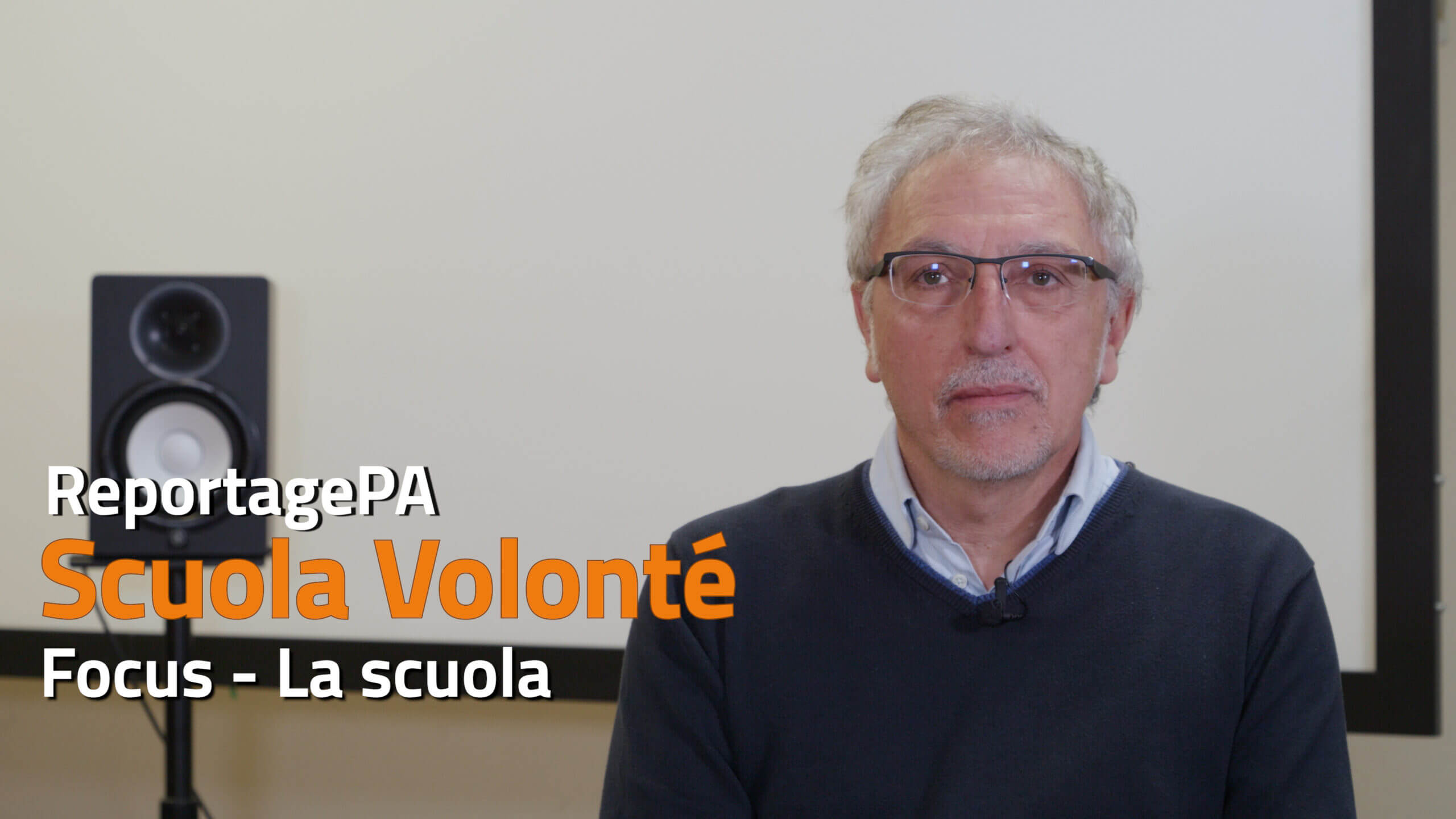Ai rappresentanti del Consiglio dell’Unione europea, della Commissione europea e del Parlamento europeo, partecipanti al trilogo per la legge sull’intelligenza artificiale,
La lettera aperta
Norma UE su AI, “appello urgente per una solida valutazione d’impatto sui diritti fondamentali”
Il testo della lettera, su iniziativa lanciata da Gianclaudio Malgieri (Leiden University), Alessandro Mantelero (Politecnico di Torino) e Vincenzo Tiani (Brussels Privacy Hub), con 100 firmatari: “Appello urgente per l’approvazione di una solida valutazione d’impatto sui diritti fondamentali nella legge UE sull’intelligenza artificiale”
Professore Associato di Diritto e Tecnologia alla EDHEC Business School di Lille e alla Vrije Universiteit Brussel
Professore associato di Diritto Privato nel Politecnico di Torino, Cattedra Jean Monnet in Mediterranean Digital Societies and Law
Policy & Digital Communication

Continua a leggere questo articolo
Argomenti
Canali
EU Stories - La coesione innova l'Italia





























